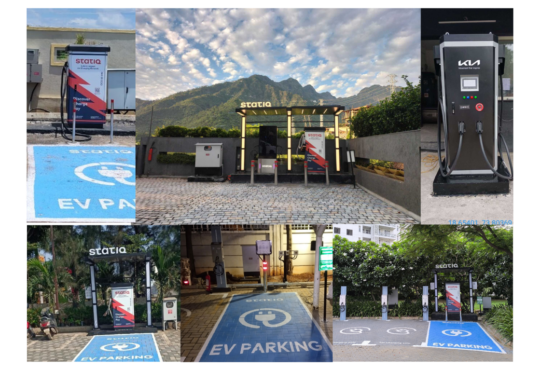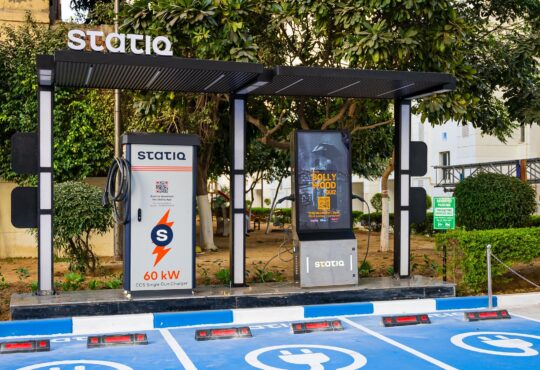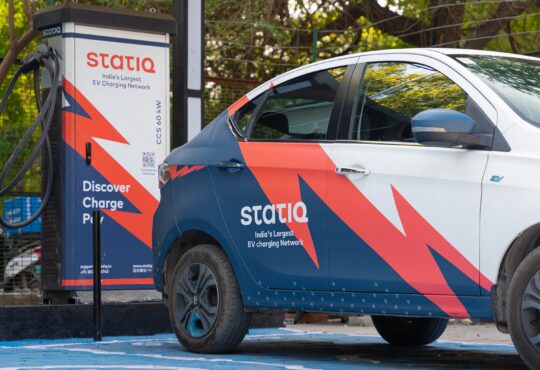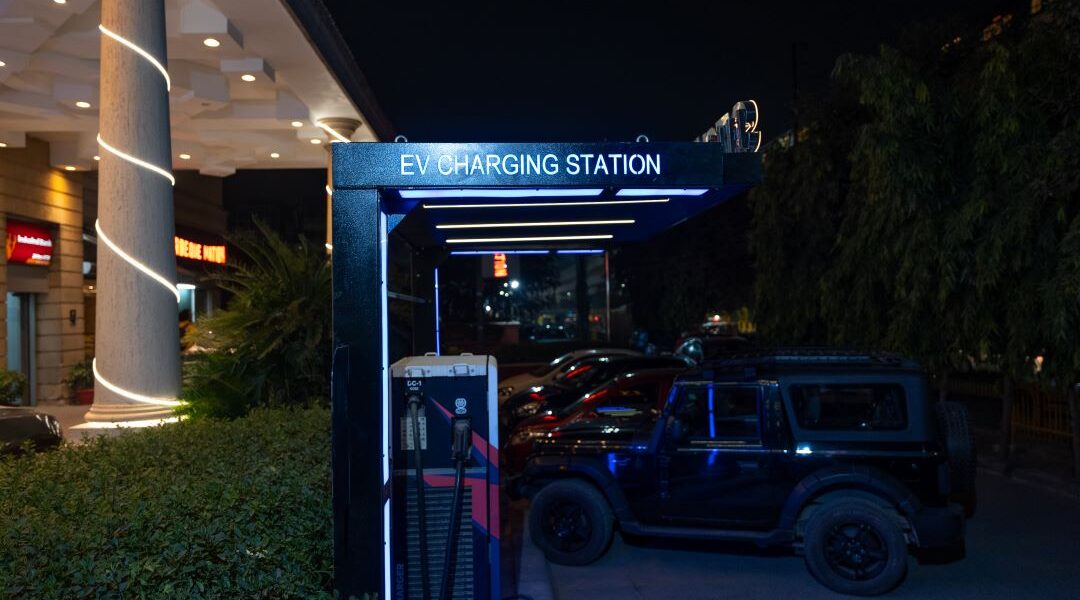
How Does Overnight EV Charging Affect Your Electric Car?
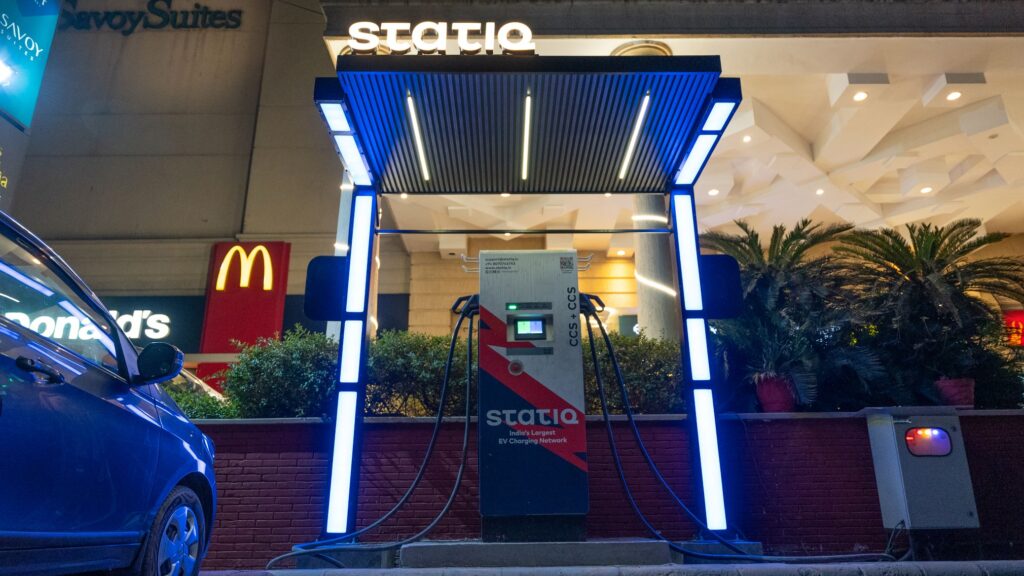
As electric cars become increasingly prevalent on our roads, questions about charging practices are common among EV owners. People often charge their electric vehicles at home, especially at night while enjoying their sleep as their EV charges up for morning adventures.
However, it’s a common dilemma among the masses that if they should charge their electric car every night to avoid range anxiety. This blog will address all your concerns about overnight EV charging highlighting the factors that affect your battery performance and how to plan your EV charging for the longevity of your battery.
Should You Charge Your Electric Car Every Night?
So, the straightforward answer is that it depends on your vehicle usage.
Let’s understand why!
Charging your electric car every night is generally considered safe and acceptable for modern electric vehicles. Electric cars are equipped with advanced battery management systems that regulate the charging process to ensure optimal battery health. However, the decision to charge every night depends on some factors:
1. Daily Driving Needs: If your daily driving distance is well within the electric car’s range, you may not need to charge every night. Electric vehicles typically have a range that covers the average daily commute and more. If you’re not depleting the battery significantly each day, you may choose to charge every other night or as needed. For example, if your EV provides a 300-mile range on a full charge and you daily travel 40-50 miles, you can roughly travel 5-6 days on a single charge.
2. Convenience: Charging convenience is another significant factor for many electric car owners. Charging every night at home ensures that your car starts each day with a full or nearly full battery. This convenience eliminates the need to visit public charging stations frequently, providing a seamless and hassle-free experience, and contributing to the overall positive experience of owning an electric car.
But did you know that charging cycles degrade batteries?
Each time a battery undergoes a charging and discharging cycle, a certain amount of stress is placed on the battery cells, leading to gradual wear and tear. This process is commonly known as “cycle aging.”
However, modern battery management systems are designed to optimize charging patterns, prevent overcharging, and manage the overall health of the battery. Still, we advise you to follow the “80/20 charging rule” for all your electric vehicles. Click here to read more about the 80/20 Charging rule.
Fear vs. Facts
If you own an electric car, you might be wondering whether it’s okay to keep your car plugged in while you sleep. You could have concerns about the fire risk associated with leaving your EV connected to the charger overnight or the possibility of the car continuously drawing power and wasting money if it’s plugged in after fully charged.
But, modern electric cars are designed to handle daily charging, and their battery management systems prevent overcharging or other issues. It automatically switches off the charging when the car reaches the battery level you have set for charging.
Electrifying Fact: Charging every night within the recommended range (typically 20-80% for lithium-ion batteries) is generally safe and won’t significantly impact the battery’s lifespan.
How You Should Plan Your Overnight EV Charging?
To optimize EV charging at home for the longevity of your battery, follow these tips:
- Avoid unnecessary regular overnight charging of your EV battery to its maximum capacity (100%). Instead, consider setting a charging limit of around 80% for daily charging. This helps reduce stress on the battery and extends its lifespan.
- When charging at home, consider using a Level 2 AC charger, which provides a slower charge compared to fast chargers. Slower charging rates are generally gentler on the battery and contribute to its longevity.
- Charge your EV when necessary, rather than keeping it plugged in all the time.
- Electric car manufacturers often provide guidelines and recommendations for charging practices to optimize the longevity and health of the vehicle’s battery. Follow them!
- Regularly update your EV’s software or firmware as recommended by the manufacturer. These updates often include improvements to battery management systems and charging algorithms, optimizing the overall health of the battery.
By incorporating these practices into your home EV charging routine, you can promote the longevity of your battery and enjoy optimal performance over the life of your electric vehicle. There’s no one-size-fits-all answer to the electric car charging frequency question. It depends on your EV usage, your lifestyle and the presence of electric vehicle charging stations around you. Hope this content has helped you to get a quick insight into overnight charging.
